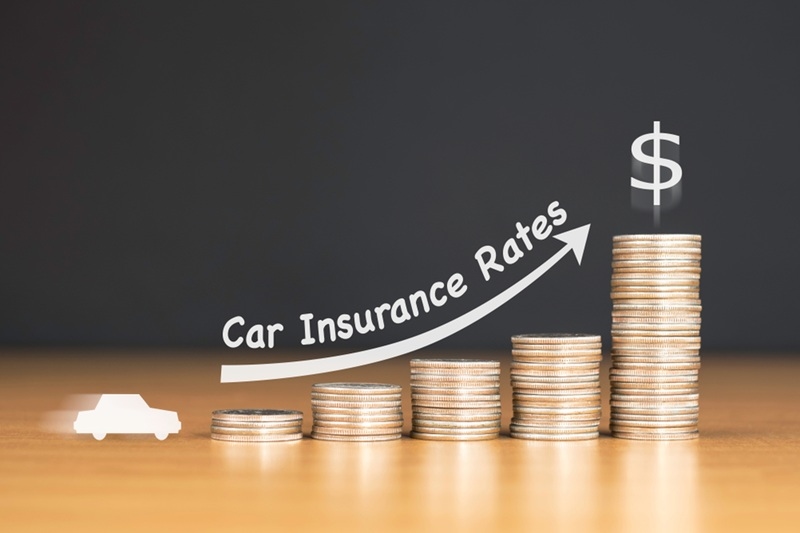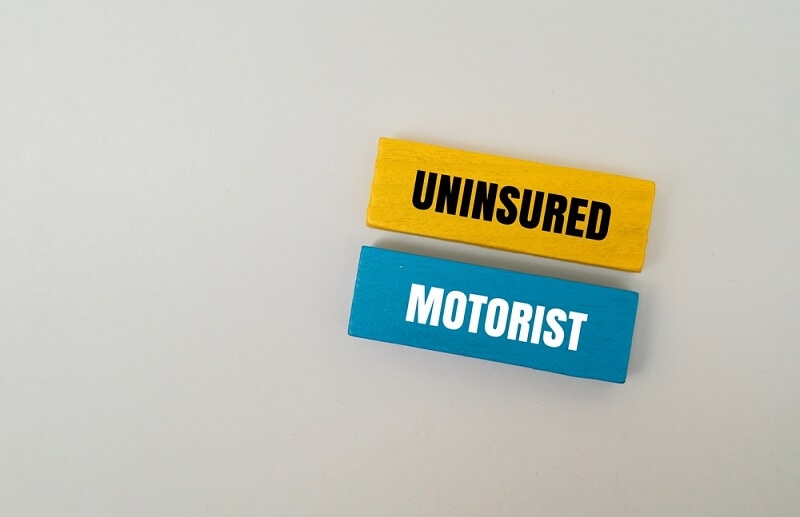Shield Your Business: Secure Liability Insurance Today
Shield Your Business: Secure Liability Insurance Today


Business Liability Insurance, also known as Commercial General Liability (CGL) insurance, is a crucial form of protection for businesses of all sizes. It shields companies from financial loss due to claims of negligence, bodily injury, property damage, and other liabilities. In this comprehensive guide, we'll explore what business liability insurance entails, what it protects against, its types, how it differs from general liability insurance, when businesses need it, and its cost considerations.
Understanding Business Liability
Business liability refers to a company's legal obligation for its actions or inactions that result in harm to others or their property. It encompasses a wide range of potential liabilities, including bodily injury, property damage, personal injury, and advertising injury. When a business is found liable, it may be required to pay for medical expenses, legal fees, settlement costs, and other related expenses.
Business liability is a significant concern for companies of all sizes and industries, as lawsuits and claims can arise from various sources, such as customers, employees, vendors, or other third parties. Having adequate business liability insurance is essential for protecting a business from financial loss due to these liabilities.
Coverage of Business Liability Insurance
Business liability insurance protects businesses from financial losses arising from claims of negligence, bodily injury, property damage, and other liabilities. It provides coverage for a range of situations, including:
Bodily Injury: If a customer or third party is injured on your business premises or by your products or services, this insurance can cover medical expenses, legal fees, and settlement costs.
Property Damage: If your business causes damage to someone else's property, such as a client's home or office, this insurance can cover the repair or replacement costs.
Personal Injury: This includes claims of defamation, slander, or invasion of privacy.
Advertising Injury: This includes claims of copyright infringement, libel, or slander arising from your advertising efforts.
Legal Defense Costs: Business insurance can cover legal fees, court costs, and settlements if your business is sued.
Having business liability insurance is essential for protecting a business's financial stability and reputation in the event of a lawsuit or claim. It can help cover the costs of legal defense, settlement, and damages, allowing businesses to focus on their operations without the burden of significant financial losses.
Different kinds of Business Liabilities
Businesses face various types of liabilities that can arise from their operations, interactions, or circumstances. Understanding these liabilities is crucial for managing risk and protecting the business from financial loss. Here are some common types of business liabilities:
General Liability
This is the most common type of business liability and covers claims of bodily injury, property damage, personal injury, and advertising injury. It protects against accidents and incidents that occur on business premises or as a result of business operations.
Professional Liability
Also known as errors and omissions (E&O) insurance, this covers claims of negligence or failure to perform professional services. It is essential for professionals such as doctors, lawyers, and consultants.
Product Liability
This type of liability covers claims related to injuries or damages caused by products sold or supplied by the business. It is crucial for businesses that manufacture, distribute, or sell products.
Cyber Liability
With the increasing threat of cyberattacks and data breaches, cyber liability insurance protects against losses related to hacking, data breaches, and other cyber incidents.
Employment Practices Liability
Employment practices liability insurance claims related to employment practices, such as wrongful termination, discrimination, or harassment. It is essential for businesses with employees.
Commercial Property Liability
It covers damages to the business's property, including buildings, equipment, and inventory. It is crucial for protecting the business's physical assets.
Environmental Liability
Environmental liability covers damages caused by pollution or environmental accidents. It is essential for businesses that deal with hazardous materials or operate in environmentally sensitive areas.
Contractual Liability
This type of liability arises from contractual agreements. It covers losses resulting from a breach of contract or failure to fulfill contractual obligations.
Business Liability vs General Liability
Business liability and general liability are related but not the same. Business liability is a broad term that encompasses all liabilities a business may face, including general liability. General liability specifically refers to a type of insurance that protects businesses from claims of bodily injury, property damage, personal injury, and advertising injury.
While general liability insurance is a common form of business liability insurance, there are other types of business liabilities that may require additional coverage. These include professional liability, product liability, cyber liability, and more. Each type of liability insurance provides specific protections tailored to the risks associated with different aspects of business operations.
When Do Businesses Require Liability Insurance?
Businesses need liability insurance from the moment they start operating. It is a critical component of risk management, protecting businesses from financial losses arising from claims of negligence, bodily injury, property damage, and other liabilities. Here are several key reasons why businesses need liability insurance:
Legal Requirements
In many jurisdictions, liability insurance is a legal requirement for certain types of businesses. For example, contractors may be required to have liability insurance to obtain a license or permit.
Client and Vendor Requirements
Many clients and vendors require proof of liability insurance before entering into contracts or agreements with a business. Having liability insurance can help businesses secure contracts and partnerships.
Protection of Assets
Without liability insurance, business owners may be personally responsible for paying for damages, legal fees, and other costs associated with a liability claim. Liability insurance protects business owners' personal assets from being used to settle business-related liabilities.
Peace of Mind
Liability insurance provides peace of mind to business owners, knowing that they are protected against unforeseen risks and liabilities. It allows them to focus on running their business without the constant worry of potential lawsuits or claims.
Financial Protection
Liability claims can be costly and have the potential to bankrupt a business. Liability insurance provides financial protection by covering the costs of legal defense, settlement, and damages up to the policy limits.
Cost of Business Liability Insurance
The cost of business liability insurance varies depending on several factors, including the size and nature of the business, the industry it operates in, the coverage limits, and the deductible chosen. On average, small businesses can expect to pay between $500 and $3,000 per year for general liability insurance.
However, this cost can vary significantly based on the specific needs and risks of the business. Factors such as the business's revenue, number of employees, location, and claims history can also impact the cost of insurance. It's essential for businesses to work with an insurance provider to determine the right coverage and ensure they are adequately protected against potential liabilities.
You may also like to read: Business Interruption Insurance: What Does It Cover?
Conclusion
Business liability insurance is a critical component of a comprehensive risk management strategy for businesses. It protects against financial loss due to claims of negligence, bodily injury, property damage, and other liabilities. By understanding what business liability insurance is, what it protects against, its types, and when it's needed, business owners can make informed decisions about their insurance needs.
This content was created by AI



